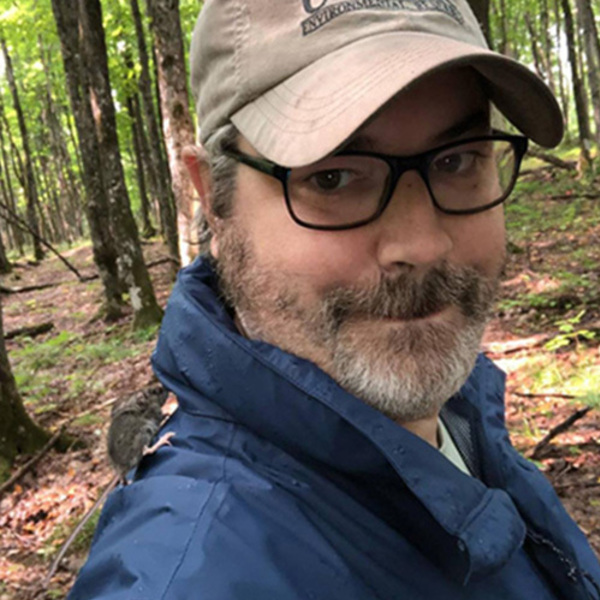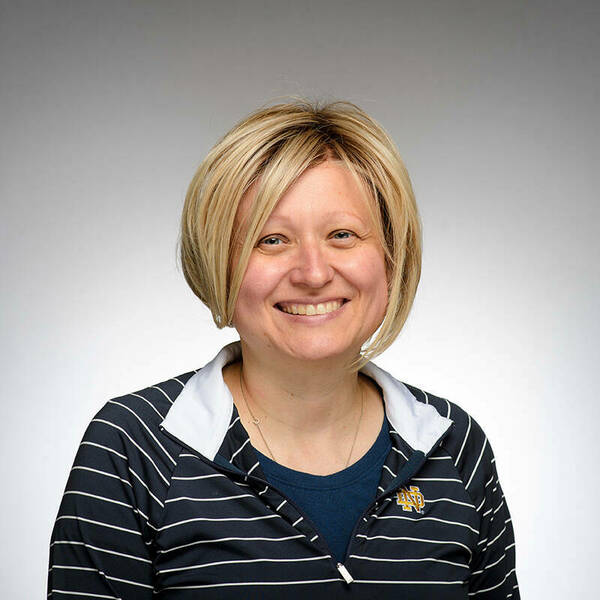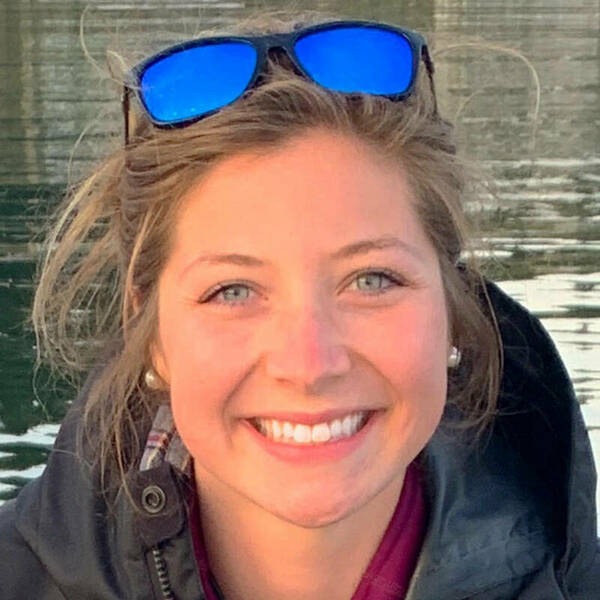Alyssa Rausch
Research Technician
Alyssa Rausch joined Notre Dame Research in the beginning of 2023 as a Research Technician for The University of Notre Dame’s Environmental Research Center (UNDERC). For six months of the year, she supports students in diverse research projects at Notre Dame’s biological research station located in northern Wisconsin. She further assists in field monitoring, data collection, and interpretation of analytical and evaluative research data. Alyssa is a 2019 graduate of Albion College, with a B.A. in Environmental Studies, Spanish, Anthropology, and Sociology. While pursuing her degree, she attended the School for Field Studies located in Costa Rica. In the Escazú mountains, she assisted in ecological research to better understand how altered environments from human impact negatively affect bird diversity. Following graduation, she served as an AmeriCorps volunteer for the Tongass National Forest in Juneau, Alaska. In 2022, she received her M.Sc. in Ecosystem Science and Management at the University of Michigan - School for Environment and Sustainability (SEAS). She completed her master’s research in Costa Rica while working for Coopedota R.L., a coffee cooperative. The research was centered around the concepts of carbon sequestration and biomass gasification. She is passionate about conservation and sustainability and looks forward to supporting, participating in, and learning from the research UNDERC has to offer.











